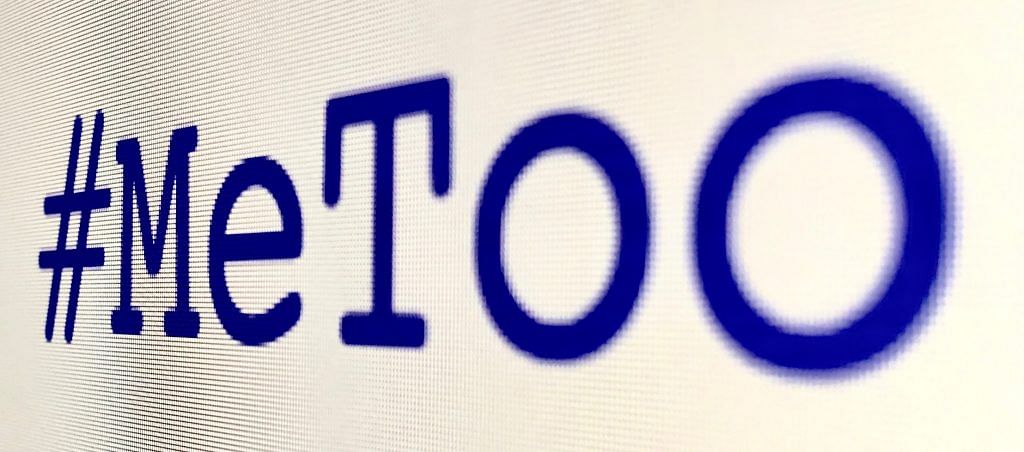#MeToo is not just a celebrity movement, it’s a powerful tool to call for action and Pakistan is showing us the way.
Pakistan’s film and fashion fraternity recently saw a #MeToo movement against sexual harassment. Now, in Karachi, a new form of #MeToo has emerged — among school students.
Saba Ali, a school student from Bahria College took to Facebook to share an incident of sexual harassment she faced at the hands of her teacher Sadat Bashir, a federal board-appointed examiner, during her 12th grade biology practical exam. Ali’s post caught the Pakistani social media like wildfire, and sparked a volley of similar accusations from dozens of teenage students from the same school. They posted their own testimonies against Bashir, and, within two days, support groups such as #PunishSadatBashir came up.
Other #MeToo movements, especially in the West, began with the testimonies of celebrities and instantly gained the support of tens of thousands of ordinary citizens.
In Pakistan, it is the other way around. Celebrities like Mahira Khan and Meesha Shafi are now openly showing their support to the school students.
Seeing all this, more and more school students are coming out with their stories and posting their testimonies to support groups. Many groups online are devising ways to tackle the situation — from getting Bashir penalized, to addressing the general problem of sexual harassment in schools.
Ever since #MeToo came about, we have seen how, even in this entertainment-driven, hashtag-obsessed online world, social movements have not just found a place, but an empire.
But in India, when female celebrities are questioned about the silence on the #MeToo movement in Bollywood, they cite the risks involved in speaking up, and talk about victim-blaming and the fear of being shunned professionally.
In a recent interview, when veteran film critic Anupama Chopra asked Alia Bhatt about the reason for the lack of support in Bollywood for the #MeToo movement, she said, “There’s a very big misconception that if you’ve been sexually assaulted or molested or been exploited in any way, with the kind of culture we come from, there’s a certain sense that it becomes your fault.”
Meanwhile, Sonam Kapoor was quoted as saying in an interview with The Indian Express, “Unfortunately in India, there’s a lot of shame attached to it. If something happens to you, you just smile and pretend to be dumb. You just ignore it, pretend it didn’t happen because if you speak about it, you will get into more trouble.”
But these fears were faced by everyone around the world who boarded the movement.
Silence isn’t usually considered a bad move. It can be better than saying something inappropriate. But once you realise the value of speaking up, silence pricks.
